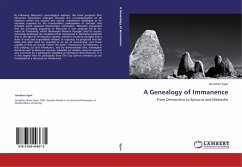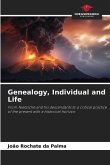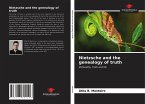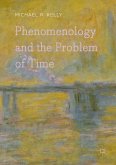By following Nietzsche's genealogical method, this book proposes that Epicurean immanence emerged through the conceptualisation of all existence within the cosmos and nature. Immanence developed as an atomistic response to the transcendent philosophies of Socrates and Aristotle which opposed Democritean materialism. Nietzsche recognised that the increasing popularity of Platonism in late antiquity led to the event of Christianity, which dominated Western thought until its success eventually destroyed the conditions that maintained it. Nietzsche predicted that in the light of Christianity's demise, mankind would be plunged into a state of crisis and unparalleled nihilism. In response, he proposed that the body and spirit must be reunited in an act of overcoming, and those capable of that act would 'inherit the earth'. Immanence, for Nietzsche, is this unifying act and inheritance, and he demonstrates that redemptive doctrines such as Epicurus' ataraxia, modelled on nihilism, must be rejected and overcome by a philosophy modelled on Heiterkeit (cheerfulness). It is in this respect that his philosophy from The Gay Science onwards can be recognised as a discourse on immanence.
Bitte wählen Sie Ihr Anliegen aus.
Rechnungen
Retourenschein anfordern
Bestellstatus
Storno








